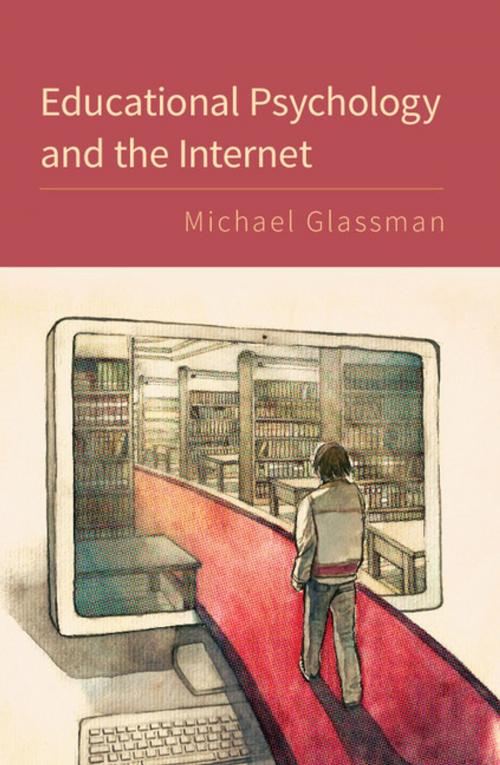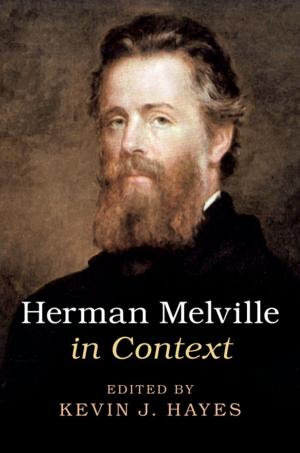Educational Psychology and the Internet
Nonfiction, Health & Well Being, Psychology, Applied Psychology, Reference & Language, Education & Teaching| Author: | Michael Glassman | ISBN: | 9781316666128 |
| Publisher: | Cambridge University Press | Publication: | February 9, 2016 |
| Imprint: | Cambridge University Press | Language: | English |
| Author: | Michael Glassman |
| ISBN: | 9781316666128 |
| Publisher: | Cambridge University Press |
| Publication: | February 9, 2016 |
| Imprint: | Cambridge University Press |
| Language: | English |
The first comprehensive, research-based textbook on Internet-infused education, Educational Psychology and the Internet offers students an accessible guide to important issues in the field. Michael Glassman begins with an overview of the history that traces the evolution of the Internet and its significance for education. He outlines the current state of research, clearly defining terms that students will need to discuss larger concepts, such as hypertext and cyberspace. The second part of the book explores the practical applications of this research, which range from the individual-oriented to the generalized, including massive open online courses (MOOCs), open educational resources, and augmented reality. Key issues that affect teachers and students today, such as Net Neutrality and Creative Commons and Open Source licenses, are explained in straightforward terms, and often-overlooked differences - for example, between course management systems and learning management systems, and between blogs, social networking sites, and short messaging systems - are highlighted.
The first comprehensive, research-based textbook on Internet-infused education, Educational Psychology and the Internet offers students an accessible guide to important issues in the field. Michael Glassman begins with an overview of the history that traces the evolution of the Internet and its significance for education. He outlines the current state of research, clearly defining terms that students will need to discuss larger concepts, such as hypertext and cyberspace. The second part of the book explores the practical applications of this research, which range from the individual-oriented to the generalized, including massive open online courses (MOOCs), open educational resources, and augmented reality. Key issues that affect teachers and students today, such as Net Neutrality and Creative Commons and Open Source licenses, are explained in straightforward terms, and often-overlooked differences - for example, between course management systems and learning management systems, and between blogs, social networking sites, and short messaging systems - are highlighted.















